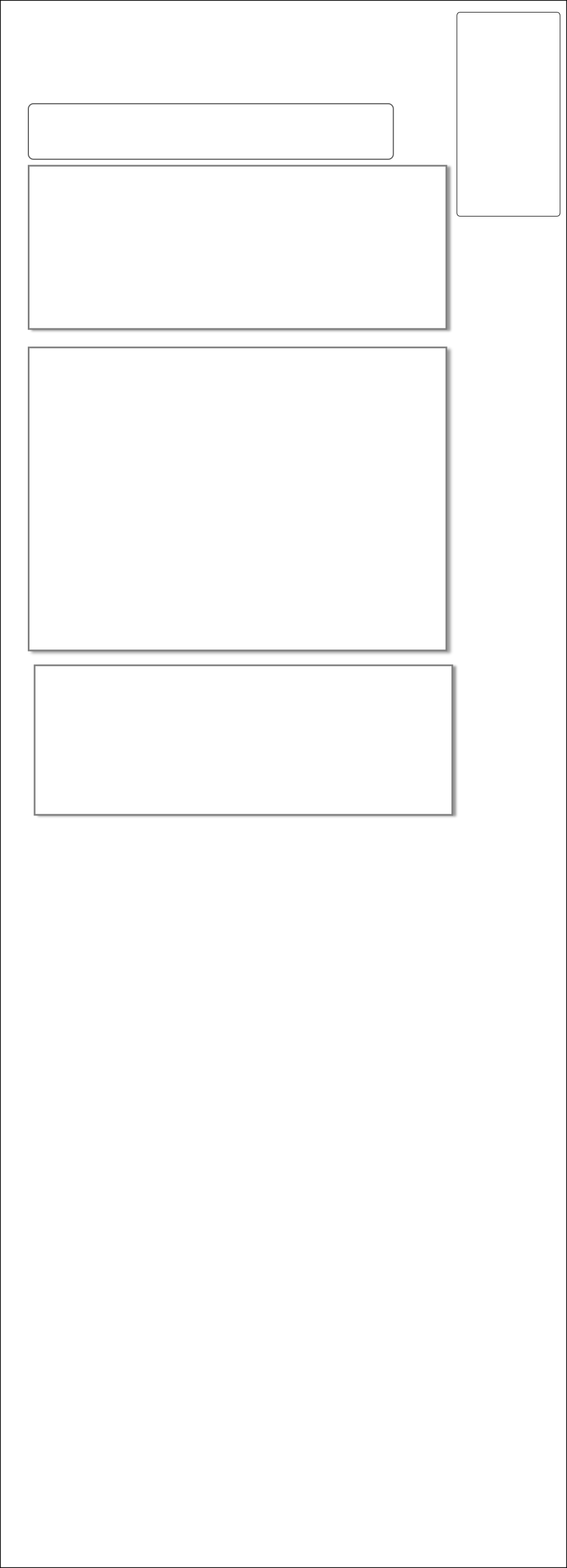
How to play the piano and read piano music
Playing the piano can be kind of confusing! Below are some piano playing basics to help you get started playing the piano.
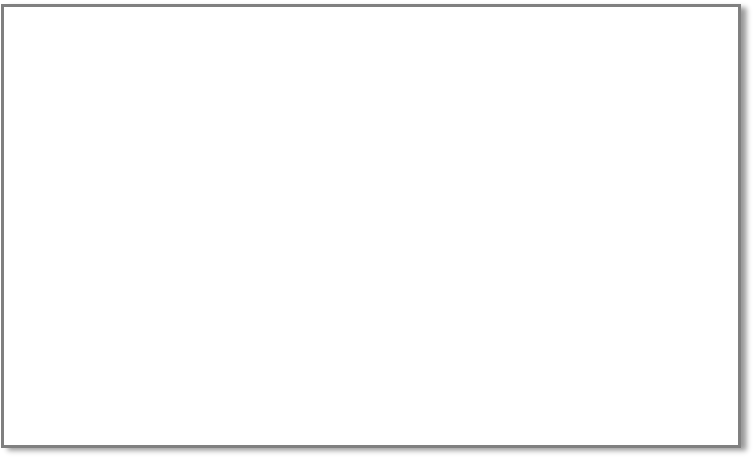
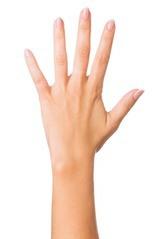
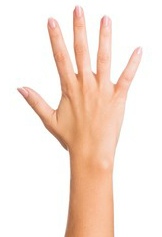
Finger Numbers in Piano Music
Finger numbers are often written above or below notes on the music staff to give you a suggestion as to which finger to use when playing that note. Many beginning piano books use finger numbers before teaching the lines and spaces. Composers will even use finger numbers in advanced music to help piano players achieve the most efficient use of fingering for the piece.
1
1
2
2
3
3
4
4
5
5
Right Hand
Left Hand
The Grand Staff
The Treble Clef is mostly played with the right hand.
The Bass Clef is mostly played with the left hand.
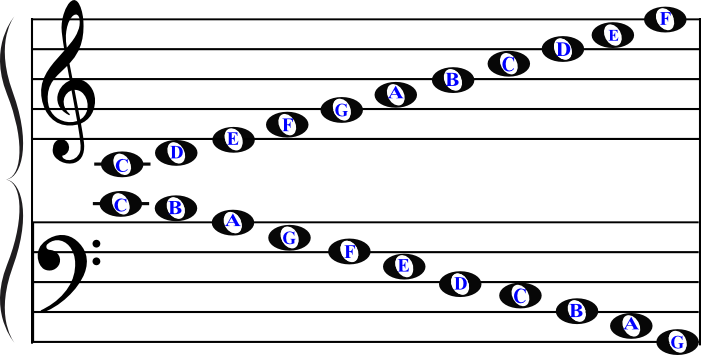

Middle C is located in the middle of the piano. Look for the group of 2 black keys by the brand of your piano.

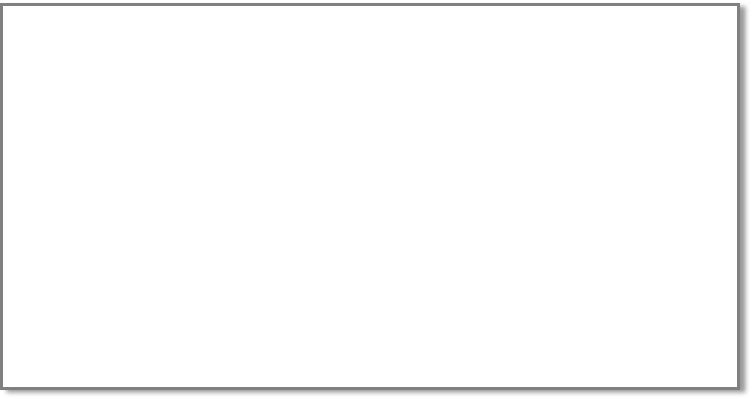
The music alphabet is like our reading alphabet except it only goes from A-

Time Signatures
Time signatures are found at the beginning of every song. The top number tells you how many beats are in a measure. The bottom number tells you what type of note gets one beat (in this case a quarter note would get one beat.) If there was an 8 on the bottom an eighth note would get one beat.

In 4/4 time, here are the name and number of beats for some of the basic notes:
Quarter Note
1 beat

Half Note
2 beats

Dotted Half Note
3 beats

Whole Note
4 beats

Copyright © 2021 Piano Song Download. All rights reserved, USA Terms of use, Site Map
Dotted Quarter Note
1.5 beats

Eighth Notes
.5 beat each
Eighth notes often are beamed together in groups of 2 or more.



Sixteenth Notes
.25 beat each.
Sixteenth Notes are often beamed together in groups of 4.
In piano music, you need to read both the treble and the bass clef at the same time. Notes that are lined up vertically are played together. For example, in the above grand staff example, the treble D and the bass B are lined up vertically so they would be played together. Practice learning your notes with our interactive music flashcards.
Key Signatures
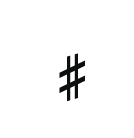
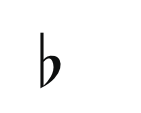
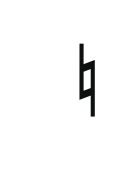
Accidentals
A sharp before a note raises the note a half step to the right. Most often this is a black key, but it can be a white key if there is no black key (such as B# or E#).
A flat before a note lowers the note a half step to the left. Most often this is a black key, but it can be a white key if there is no black key (such as C flat or F flat).
A Natural Sign cancels any sharp or flat whether it’s in the key signature, or an accidental. Notes with a Natural Sign are always played on a white key.
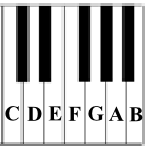
E Natural

C sharp or D flat


B flat or
A sharp
Music will always be based on a specific scale. Because scales have a certain number of sharp or flats, the composer will use a key signature to tell you which sharps and flats to use instead of having to put a sharp or flat before each of those notes. The first example is in the Key of D Major (or b minor). There are sharps on the F line and in the C space. This tells you to sharp all F’s and C’s in the music. The second example is in the Key of F Major (or d minor). The flat is on the B line, so you will flat all B’s in the piece.
Double-
Lowers a note two half steps
x
Double-
Raises a note two half steps
Your source for free piano sheet music, lead sheets & piano tutorials


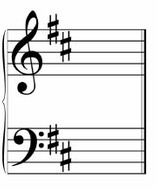
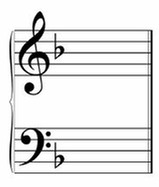
Key of D Major or b minor
Key of F Major or d minor
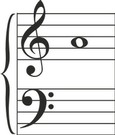
Do you know your notes? Click here to test your note reading with our interactive flashcards.
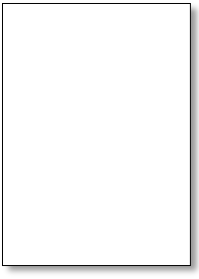

Have you always wanted to play the piano? Check out Julie Lind’s online piano course:
Instant Piano For Total Beginners

Do you struggle with reading notes? This step-
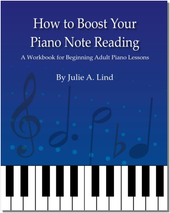
#CommisionsEarned

